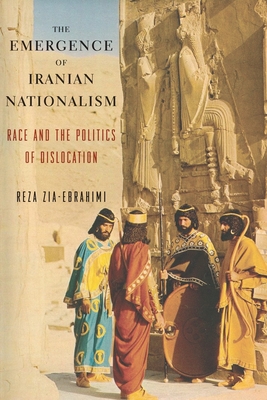Expedite your nonfiction book discovery process with Readara interviews, summaries and recommendations, Broaden your knowledge and gain insights from leading experts and scholars
In-depth, hour-long interviews with notable nonfiction authors, Gain new perspectives and ideas from the writer’s expertise and research, Valuable resource for readers and researchers
Optimize your book discovery process, Four-to eight-page summaries prepared by subject matter experts, Quickly review the book’s central messages and range of content
Books are handpicked covering a wide range of important categories and topics, Selected authors are subject experts, field professionals, or distinguished academics
Our editorial team includes books offering insights, unique views and researched-narratives in categories, Trade shows and book fairs, Book signings and in person author talks,Webinars and online events
Connect with editors and designers,Discover PR & marketing services providers, Source printers and related service providers

The Emergence of Iranian Nationalism: Race and the Politics of Dislocation
Political Science > World - Middle Eastern
- Columbia University Press
- Paperback
- 9780231175777
- 8.9 X 6 X 0.8 inches
- 1 pounds
- Political Science > World - Middle Eastern
- (Single Author) Asian American
- English
Readara.com
Book Description
Akhundzadeh and Kermani's nationalist reading of Iranian history has been drilled into the minds of Iranians since its adoption by the Pahlavi state in the early twentieth century. Spread through mass schooling, historical narratives, and official statements of support, their ideological perspective has come to define Iranian culture and domestic and foreign policy. Zia-Ebrahimi follows the development of dislocative nationalism through a range of cultural and historical materials, and he captures its incorporation of European ideas about Iranian history, the Aryan race, and a primordial nation. His work emphasizes the agency of Iranian intellectuals in translating European ideas for Iranian audiences, impressing Western conceptions of race onto Iranian identity.
Author Bio
Dr Reza Zia-Ebrahimi joined the History Department at King’s College London in 2013. He is a graduate of the University of Geneva, the London School of Economics and the University of Oxford (St Antony's College).
Dr Zia-Ebrahimi is a historian of nationalism and race. Focusing on the period from the 19th century onwards, he has extensively worked on the development of racial forms of nationalism in Iran. His current research analyses the modalities of racialisation of Jews and Muslims in the Western apparatus of representations. More broadly, his work aims to retrieve the many points of contact between the histories of antisemitism, Islamophobia and other forms of racism, which have been ignored, or deliberately obscured.
Dr Zia-Ebrahimi has been a fellow of the Swiss National Science Foundation, the Oslo Holocaust Centre, and the Leverhulme Trust. In recent years, he has given seminars in Britain, France, the United States, Ireland, Sweden, Norway, Turkey, Lebanon and Russia.
Research Interests
- French and British orientalism
- Islamophobia in Western Europe
- Conspiracy theories and race
- Nationalism and race in Iran
- Iranian Jewish history
Source: King's College of London
Videos




Community reviews
No Community reviews

